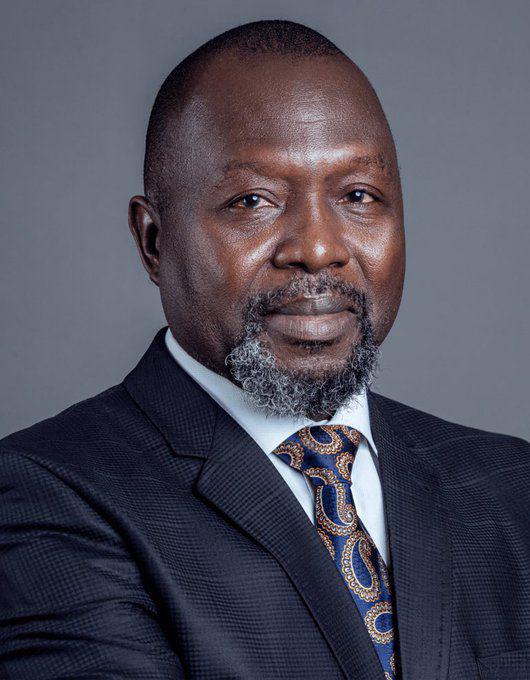Minority Leader Criticises Attorney General’s Public Handling of Corruption Cases
Minority Leader in Parliament, Alexander Afenyo-Markin, has criticised Attorney General and Minister for Justice Dr. Dominic Ayine for his approach to communicating corruption-related prosecutions, accusing him of using media briefings to influence public opinion and undermine judicial independence.
Mr. Afenyo-Markin argued that the Attorney General’s frequent updates on ongoing cases risk prejudicing trials and eroding the public’s confidence in the justice system.
Since assuming office earlier this year, Dr. Ayine has regularly briefed the media on high-profile corruption investigations and prosecutions. These include cases involving the former Director General of the National Signals Bureau, Kwabena Adu Boahen, Ashanti Regional NPP Chairman Bernard Antwi Boasiako (Chairman Wontumi), former executives of the National Service Authority, and the former CEO of the National Buffer Stock Company, Hanan Abdul-Wahab.
While the Attorney General’s updates are presented as measures to enhance transparency and public accountability, critics such as Mr. Afenyo-Markin say they amount to trial by media and violate the constitutional right to be presumed innocent until proven guilty.
“Since taking office, all we’ve seen are PR briefings about so-called corruption investigations. Every time the government is under pressure, the Attorney General calls a press conference. But the Attorney General’s place is in court, not on camera,” Mr. Afenyo-Markin asserted.

The Minority Leader also suggested that the government uses the Attorney General’s media engagements to distract the public from more pressing national concerns.
“They’re undermining the courts and disrespecting the rights of people by announcing guilt before trial. Perhaps they think public opinion can replace due process,” he remarked.
Mr. Afenyo-Markin further argued that the Attorney General’s comments on active investigations could unfairly influence judicial outcomes, saying, “It is not his place to pronounce guilt; the rule of law requires that he goes to court to make his case.”
He warned that such conduct risks politicising the justice system and weakening its credibility.
Afenyo-Markin urged the Attorney General to confine public communications to general case updates rather than specific commentary that could prejudice proceedings.
“It’s not about how many press conferences are held that will lead to convictions. Transparency can still be achieved by stating the number of cases under investigation without revealing sensitive details,” he said.
He added that in mature democracies, prosecutors refrain from discussing the specifics of ongoing trials to preserve fairness and protect the rights of both accused persons and the state.
“I agree that the public deserves updates, but there must be limits. Unfortunately, this Attorney General has not shown such restraint,” the Minority Leader added.

The debate highlights an ongoing tension between public accountability and judicial propriety in Ghana’s justice administration. Advocates of transparency argue that regular briefings by the Attorney General enhance citizen trust and deter corruption by keeping the public informed.
However, legal analysts and opposition figures caution that premature commentary can compromise the independence of the courts and expose the state to defamation risks or mistrials.
The Ghana Bar Association (GBA) has in the past advised public officials to exercise restraint in commenting on pending cases, citing the need to maintain public confidence in the legal process.
This latest exchange underscores broader questions about how Ghana balances openness in governance with the sanctity of the rule of law. In a country where corruption remains a top voter concern, the integrity of judicial proceedings is seen as vital to sustaining public trust.
Ghana ranks 70th out of 180 countries on Transparency International’s 2024 Corruption Perceptions Index, indicating moderate progress but persistent challenges. Critics warn that any perception of politicisation in prosecutions could further damage confidence in anti-corruption institutions.

As Ghana continues to strengthen its democratic institutions, the debate between transparency and judicial decorum is likely to persist. While public communication remains essential in fighting corruption, ensuring that it does not compromise justice is equally critical.
The Attorney General’s office has not yet issued a formal response to Mr. Afenyo-Markin’s remarks.
